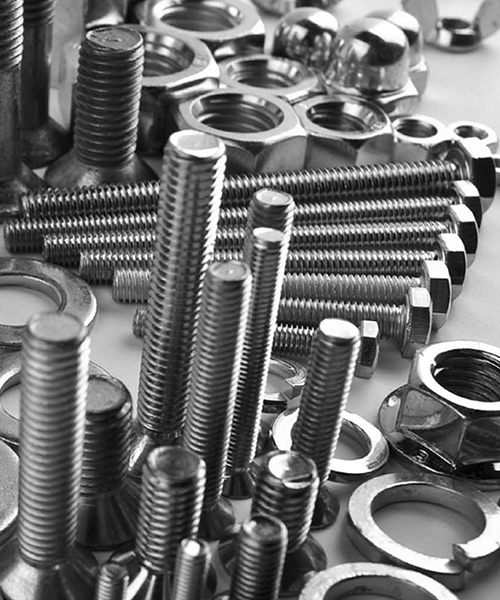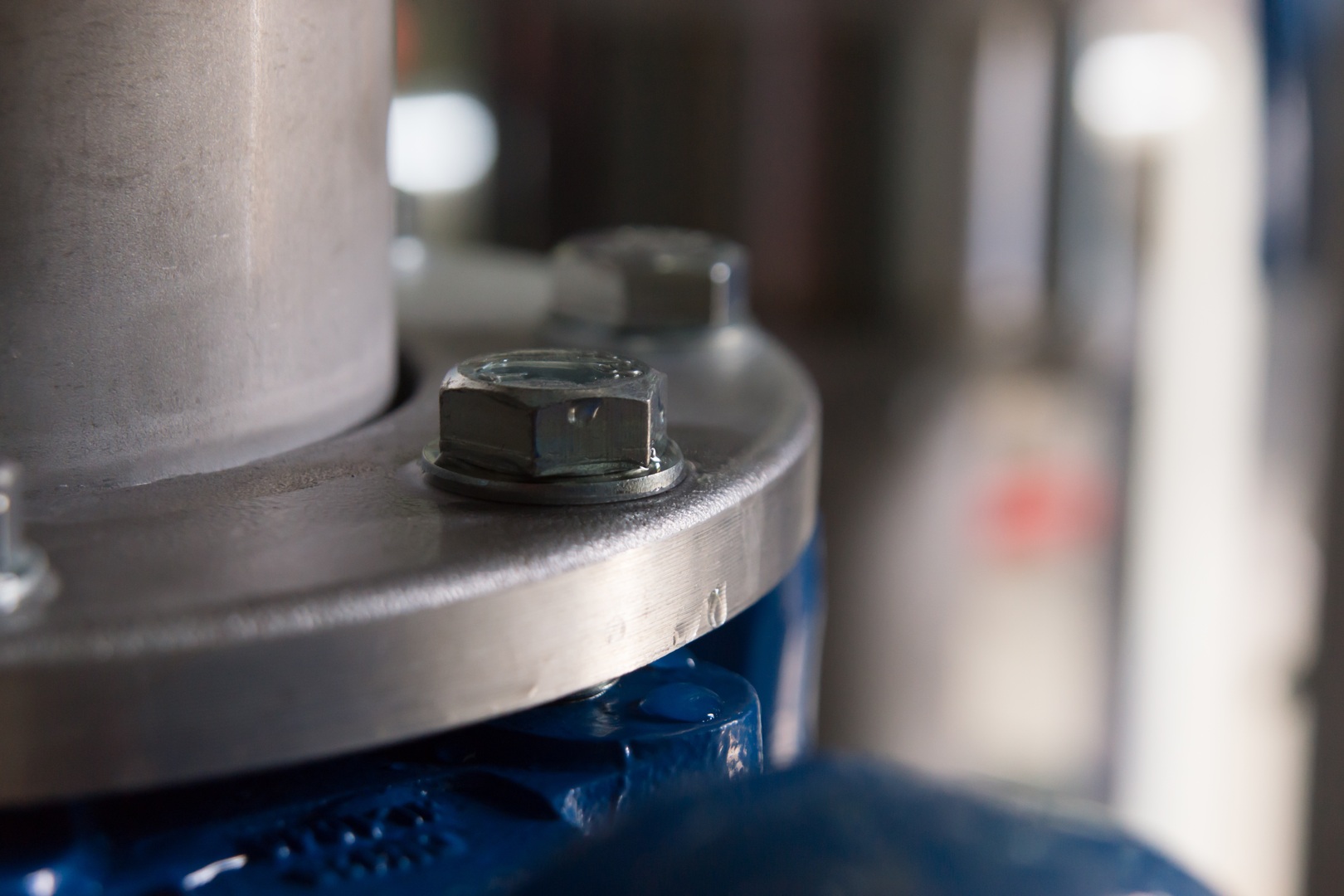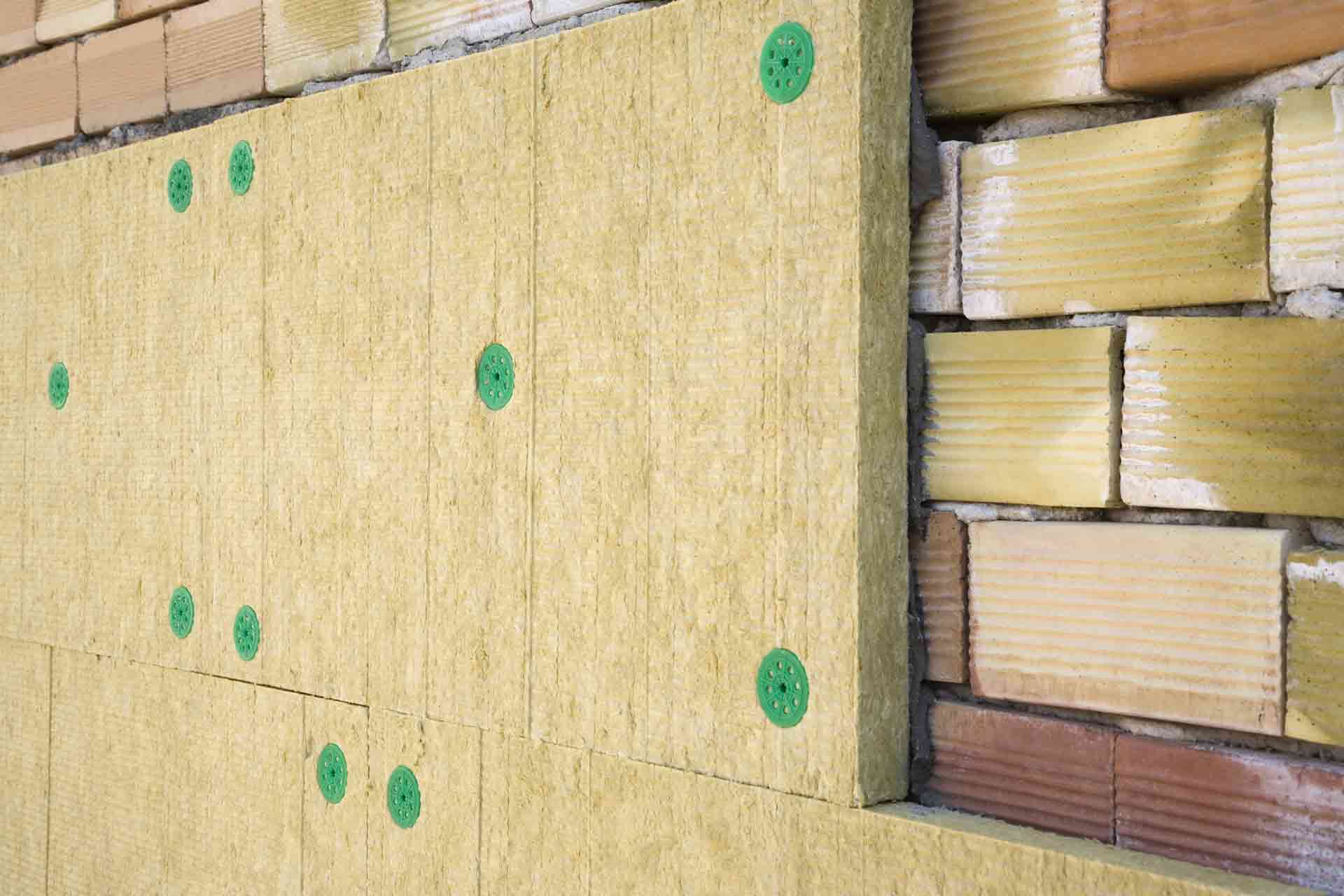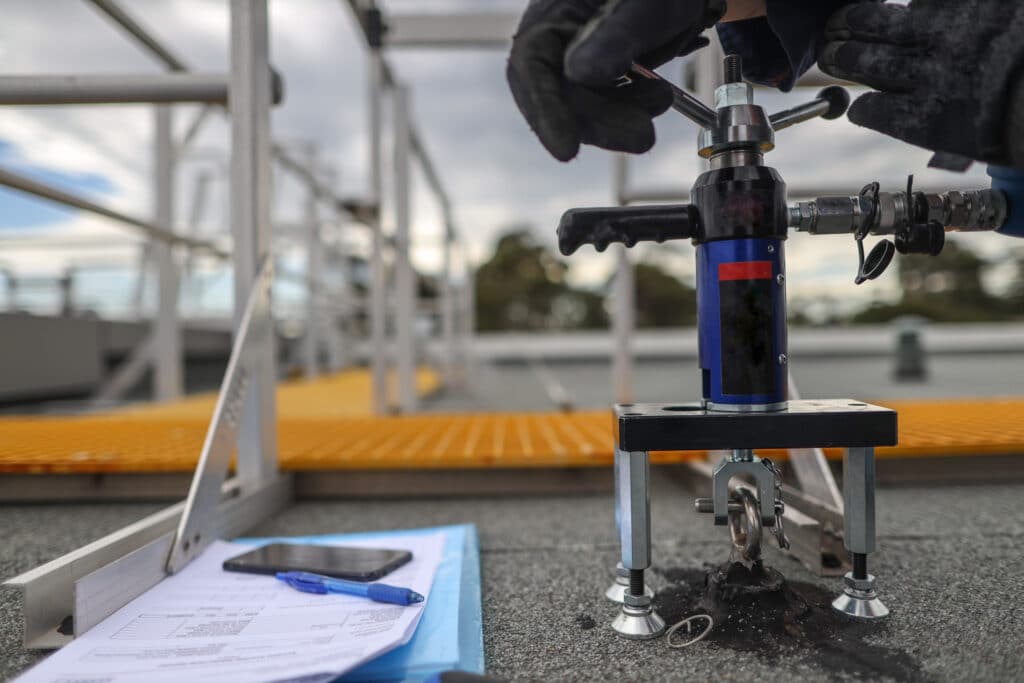When it comes to installing doors and windows, selecting the right frame fixings is essential to ensure stability, longevity, and security. Poorly chosen or improperly installed fixings can lead to misalignment, reduced load-bearing capacity, and even safety hazards. In this article, we’ll explore the key considerations and types of frame fixings used in modern construction.
Why Frame Fixings Matter
Doors and windows are subjected to various forces, including wind loads, temperature fluctuations, and everyday use. The right frame fixings provide:
- Structural Integrity: Preventing movement, warping, or detachment over time.
- Load Distribution: Evenly spreading forces to avoid stress concentrations.
- Thermal and Acoustic Performance: Ensuring a tight fit to enhance insulation and reduce noise penetration.
- Security: Protecting against forced entry and external pressures.
Types of Frame Fixings
The choice of fixings depends on the material of the substrate (brick, concrete, timber, or plasterboard) and the type of frame being installed (PVC, aluminum, or timber). Here are the most commonly used fixings:
1. Frame Screws
Frame screws are designed for direct fixing of window and door frames into solid materials without the need for additional plugs. They offer:
- High pull-out resistance
- Quick and secure installation
- Ideal for concrete, solid brick, and aerated concrete
2. Through-Bolts and Expansion Anchors
For heavy-duty applications, expansion anchors provide robust holding power by expanding within the substrate when tightened. These are often used in:
- High-load door and window installations
- Masonry and concrete substrates
- Fire-rated applications
3. Nylon Frame Fixings (Plug and Screw Systems)
A widely used method that combines a plastic expansion plug with a matching screw. Benefits include:
- Versatility across multiple substrates
- Reduced risk of frame distortion
- Improved thermal insulation properties
4. Concrete Screws (Anchor Screws)
Directly installed into pre-drilled holes, concrete screws eliminate the need for plugs and provide a secure hold. Key advantages:
- High load-bearing capacity
- Minimal expansion stress (ideal for edge fixings)
- Reusability in some applications
Market Leaders in Frame Fixings
Several manufacturers dominate the frame fixings market, offering high-quality solutions for various construction needs. Some of the top brands include:
- Fischer – Known for innovative anchoring and fixing solutions.
- Rawlplug – A pioneer in fixings and fasteners with a strong reputation.
- Hilti – Offers premium fixing systems for professional applications.
- Spit – Specializes in high-performance construction fixings.
- TOX – Provides advanced plug and screw systems for diverse substrates.
Best Practices for Installation
To ensure a secure and long-lasting installation, follow these best practices:
- Pre-drilling: Always drill pilot holes to the correct diameter and depth to prevent cracking or weakening of the substrate.
- Spacing and Positioning: Maintain recommended fixing distances to avoid stress points and ensure even load distribution.
- Torque Control: Avoid over-tightening screws or bolts to prevent deformation of the frame.
- Weatherproofing: Use sealing tapes or foam where necessary to enhance thermal and acoustic insulation.
- Compliance with Regulations: Always adhere to local building codes and manufacturer recommendations for safe and effective installations.
Pro Tips for Optimal Performance
- Use corrosion-resistant fixings for outdoor applications to prevent rust and degradation.
- Consider adjustable frame fixings for greater flexibility in alignment.
- When working with soft substrates, use longer expansion plugs to improve grip and load distribution.
- Regularly check and retighten fixings in high-vibration environments to maintain stability.
Conclusion
Choosing the right frame fixings for doors and windows is crucial for a durable and stable installation. Whether using frame screws, expansion anchors, nylon fixings, or concrete screws, understanding the substrate and load requirements is key to achieving a professional and long-lasting result. Investing in high-quality fixings and following best practices will ensure that doors and windows remain secure and functional for years to come.




